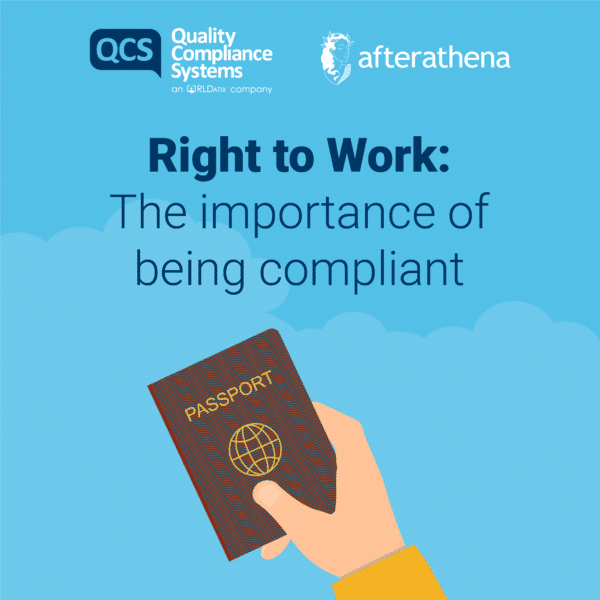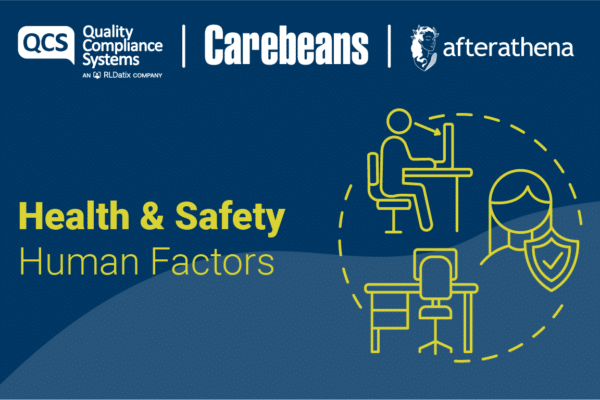As an employer, ensuring that all your employees have the right to work in the UK is not only good practice but also a legal requirement.
Failing to carry out right-to-work checks can result in severe penalties, including fines of up to £45,000 per illegal worker for first-time breaches.
You must carry out right-to-work checks before an employee starts employment in order to obtain a statutory excuse against a civil penalty. The check must be carried out on all employees in a non-discriminatory manner and how you conduct your right-to-work checks will depend on each employee’s nationality and status in the UK.
Manual Checks
A manual check of appropriate right to work documentation can be conducted for all prospective employees, irrespective of nationality. The documents provided must be original documents from either List A or B of acceptable documents as per the Home Office’s guidance on right to work checks.
If the individual is a British or Irish citizen, they can usually prove their right to work with a British or Irish passport or passport card.
You must ensure that the person depicted in any such document is the same person presenting themselves for employment. You should therefore check in the presence of the individual that all personal information, such as date of birth, is consistent throughout their documentation and that their appearance is consistent with their photograph. A clear copy of the document should be taken (in a format which cannot be manually altered) and the copy should be endorsed with the date of when the check was carried out.
The copy should be securely retained for the employee’s length of employment and for at least two years after their employment ceases.
IDVP Process Check
An Identity Document Validation Technology (IDVP) is a non-compulsory alternative to a manual check but at present it can only be used for checking the right to work of British and Irish citizens who hold a valid passport (or Irish passport card). IDVPs are particularly useful if you operate a remote business, and meeting with the individual to check their manual documents would be difficult.
Whilst the identity verification itself will be conducted by an IDVP, you as the employer are still responsible for satisfying yourself that the check conducted by the IDVP has been conducted in accordance with the Home Office guidance and that the person presenting themselves for employment is the person featured in the IDVP check in order to obtain a statutory excuse.
Where the services of an IDVP has been used to verify identity, the checking of the likeness of the person presenting themselves for employment can be done either in person or by a video call. Again, you should retain a clear copy of the check for the duration of the employee’s employment and for two years thereafter.
Online Right-to-Work Check
This check can be used if your prospective employee has a share code which they can provide to you to prove their right to work. Not all individuals will have a status that can be checked online and similarly some individuals will only be able to prove their right to work via the online check; for example those that hold an eVisa, a biometric residence permit, biometric residence card or a frontier worker permit.
In order to conduct an online check, the prospective employee should provide you with a share code (starting with the letter “W”) and their date of birth. Once you have accessed the service via the employer page and viewed their status online, you should check (whether by video call or in the physical presence of the individual) that the photo matches that of the individual and whether they have any restrictions on their right to work. You should retain a copy of the profile page and store this securely throughout the duration of employment and for two years after the employee has ceased employment.
Recent Changes
It is important to note that the Employer’s guide to right to work checks are consistently changing. The most recent updates include further information regarding the transition to online evidence of status i.e. eVisas. Biometric Residence Permits issued now have an expiry date of 31 December 2024, this is not an error.
As part of the development of a border and immigration system that is digital by default, physical documents are to be phased out by the end of 2024 and replaced with a system of digital immigration status (eVisa). You can check the exact expiry of an employee’s visa by using a share code to prove their right to work, their online profile will display the expiry date of their immigration permission. The updated guide clarifies that a follow up check is not needed until the employee’s permission is due to expire. However, where the 31 December 2024 was wrongly taken as the expiry date, a follow up check will be required.
Furthermore, the Home Office will no longer require employers to carry out repeat checks on EEA citizens who hold pre-settled status under the EU Settlement Scheme (“EUSS”). Therefore, a right to work check is only required on holders of pre-settled and settled status under the EUSS prior to the commencement of employment.
Conclusion
The penalties for employing an illegal worker where appropriate right to work checks have not been conducted are severe. This is to reflect the crucial importance on employers to verify that an employee has the appropriate permission to undertake the work in question.
The Home Office are constantly updating the guidance as they work through the phases moving towards an online system for conducting such checks therefore it is important to ensure that checks are being conducted in accordance with the latest Home Office guidance.






